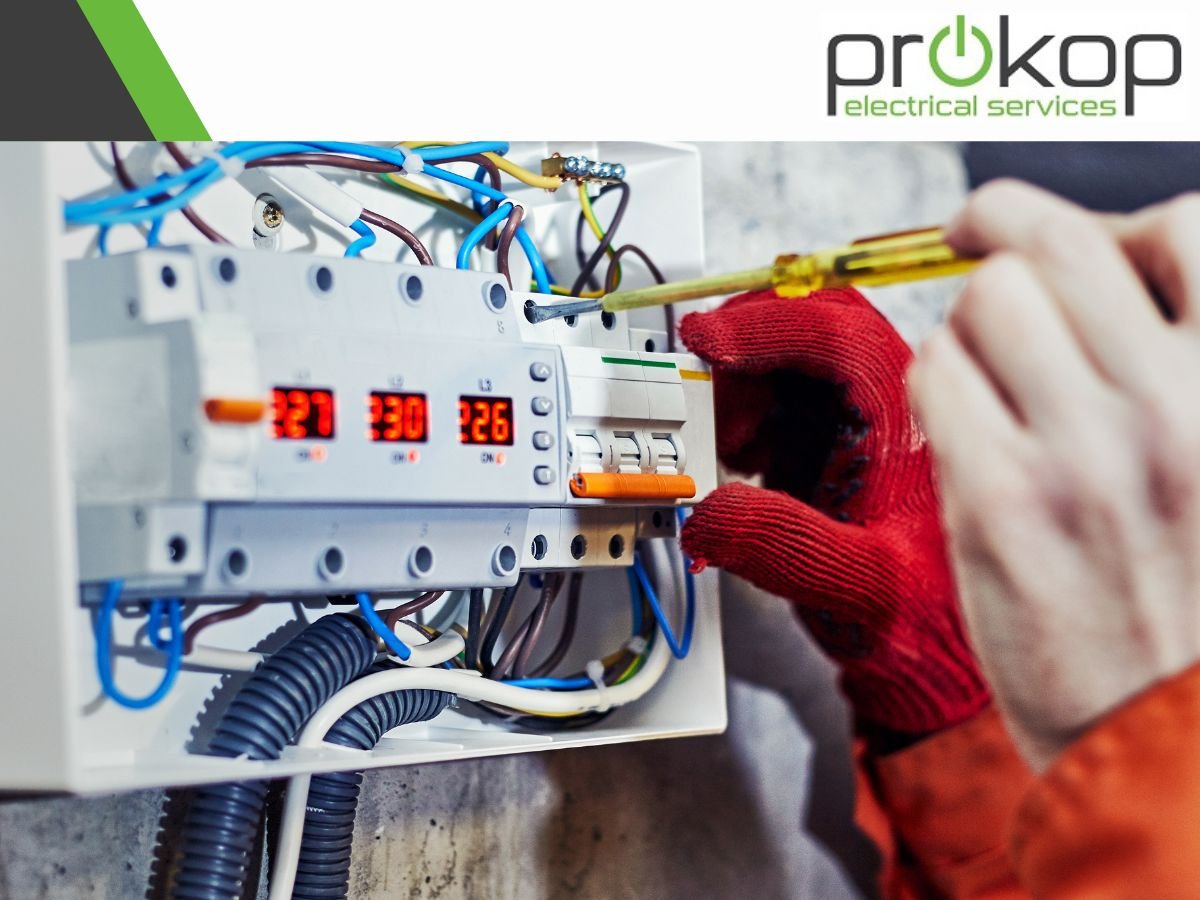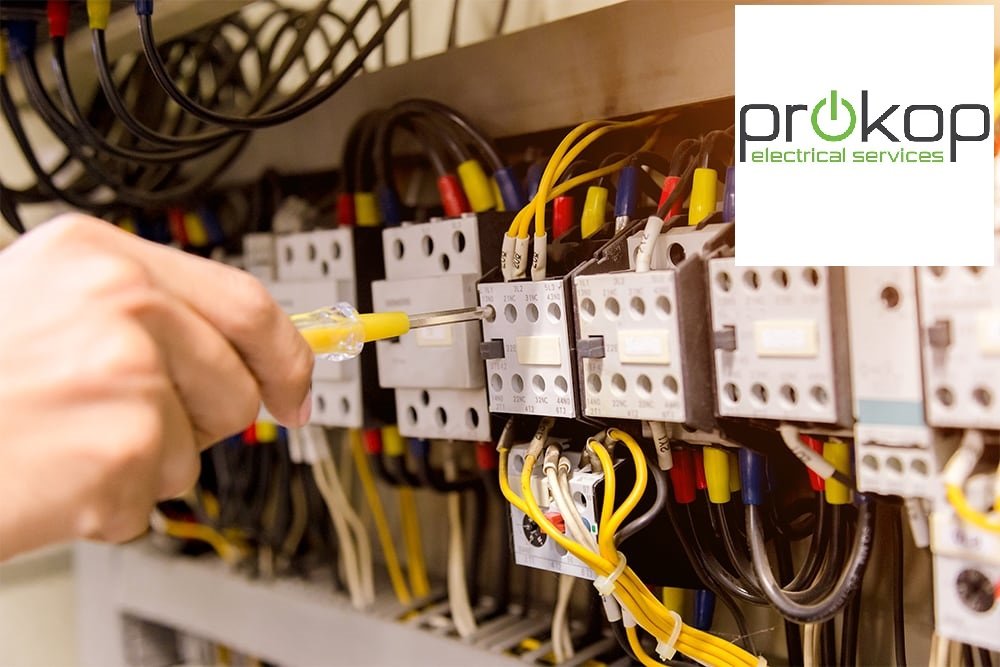10 Signs Of Potential Electrical Wiring Issues At Home

Overview
Welcome to our guide, where we explore the telltale signs of potential electrical wiring issues lurking within your home. Electrical systems are the lifeblood of modern households, providing power for everything from lighting to appliances.
However, like any other part of your home, they can experience wear and tear over time. Recognising these signs early on is crucial for your safety and your property’s integrity.
In this article, we’ll walk you through ten common indicators of electrical problems, helping you stay informed and proactive in addressing issues before they become major concerns.
Whether you’re a seasoned homeowner or new to the responsibilities of property maintenance with the help of electrician Moorabbin, understanding these warning signs is vital for the well-being of your home and the peace of mind of its occupants.
1. Flickering Lights
One of the most common signs of potential electrical wiring issues at home is flickering lights. If you notice your lights flickering, it could be an indication of loose connections or overloaded circuits. Flickering lights can be frustrating, but they should not be ignored, as they may be a symptom of a larger problem.
To identify this issue, pay attention to when the lights flicker. Is it happening consistently or only when certain appliances are being used? If the flickering is consistent, it’s best to seek assistance from a qualified electrician Moorabbin and beyond. They will be able to inspect your electrical system and determine the cause of the issue.
2. Circuit Breaker Tripping Frequently
Circuit breakers are designed to protect against electrical overloads. When too much electrical current flows through a circuit, the breaker trips, cutting off the power supply to prevent damage or fire. However, if your circuit breaker is frequently tripping, it may be an indication of an underlying wiring problem.
If you find yourself constantly resetting your circuit breaker, it’s important to consult with an electrician. They will be able to diagnose the issue and provide a solution. Ignoring frequent tripping can lead to further damage and potentially hazardous situations.
3. Hot Outlets or Switches
Hot outlets or switches can be a sign of faulty wiring or overloaded circuits. If you notice that your outlets or switches are hot to the touch, it’s crucial to avoid using them until a professional electrician has inspected them. Ignoring this issue can lead to electrical fires or other safety hazards.
Prioritising safety is key in these situations. Contact a licensed electrician Moorabbin to assess the problem and make the necessary repairs. It’s always better to be safe than sorry when it comes to electrical issues.
4. Burning Smells
If you ever detect a burning smell from outlets, switches, or appliances, it’s imperative not to ignore it. Burning smells can indicate electrical severe problems that should be addressed immediately. Ignoring this warning sign can lead to severe electrical damage or even fires.
When you notice a burning smell, contact an electrician Cranbourne for investigation. They have the expertise to identify the source of the smell and take the appropriate actions to resolve the issue. Remember, safety should always be your top priority.

5. Sparking Outlets
Sparking outlets are not only a nuisance but also a potential fire hazard. If you observe sparks coming from your outlets, taking immediate action is essential. Do not attempt to fix the issue yourself. Instead, reach out to a licensed electrician promptly.
Sparking outlets can indicate faulty wiring or loose connections. An electrician Cranbourne can assess the situation, make the necessary repairs, and ensure your home is safe from any potential dangers.
6. Frequent Power Surges
Power surges can occur when there are fluctuations in electrical currents. While some power surges are regular, frequent power surges can indicate faulty electrical wiring. These surges can damage your appliances and electronic devices.
To protect your home from frequent power surges, consider installing surge protectors. These devices help regulate the electrical current and prevent damage to your electronics. Additionally, consulting with an electrician will provide you with additional protection measures to ensure the safety of your electrical system.
7. Buzzing Sounds
Buzzing sounds coming from switches, outlets, or electrical panels should not be ignored. These sounds may indicate loose connections or faulty components that require professional attention. Ignoring buzzing sounds can result in electrical malfunctions or even electrical shocks.
If you hear buzzing sounds in your home, contacting a licensed electrician is crucial. They will be able to identify the source of the buzzing and make the necessary repairs to ensure the safety and functionality of your electrical system.
8. Malfunctioning Appliances
Electrical wiring issues can often cause appliances to malfunction or fail prematurely. If you notice a pattern of appliances not working correctly or experiencing frequent matters, it may indicate an underlying wiring problem.
It’s important to consult with an electrician if you suspect that electrical wiring issues are affecting your appliances. They will be able to assess the situation, identify the cause of the problem, and provide the necessary repairs or upgrades.
9. Flickering or Dimming Lights when Using Appliances
If you notice that your lights flicker or dim when using certain appliances, it may be an indication of overloaded circuits. This means that the electrical demand from the appliances exceeds the circuit’s capacity.
To address this issue, it’s recommended to consult with an electrician. They will evaluate your electrical system’s capacity and make any necessary adjustments to prevent future problems. It’s essential to ensure that your electrical system can safely handle the demands of your appliances.
10. Aging Wiring Systems
Lastly, addressing the potential issues that can arise from aging wiring systems is important. As homes age, their electrical wiring systems may become outdated or deteriorate. This can lead to various electrical problems and safety hazards.
To ensure the safety of your home, it’s recommended to have a qualified electrician assess the wiring system in older homes. They can inspect the system for potential issues, make necessary repairs, and suggest upgrades to meet current safety standards.
Conclusion:
In conclusion, recognising potential electrical wiring issues at home is crucial for maintaining the safety and functionality of your electrical system. Flickering lights, frequent circuit breaker tripping, hot outlets or switches, burning smells, sparking outlets, frequent power surges, buzzing sounds, malfunctioning appliances, flickering or dimming lights when using appliances, and aging wiring systems are all signs that should not be ignored.
Remember, safety should always be your top priority. If you suspect any electrical wiring issues in your home, it’s best to consult with a qualified electrician. They have the expertise to diagnose and address these issues, ensuring the safety and efficiency of your electrical system. So don’t hesitate to contact an electrician Moorabbin when faced with potential electrical wiring problems.
Related Posts

Step-by-Step Guide to Outdoor Security Camera Installation

The Ultimate Guide to Hiring a Trustworthy Professional Electrician

